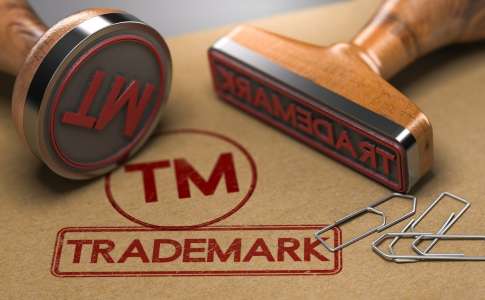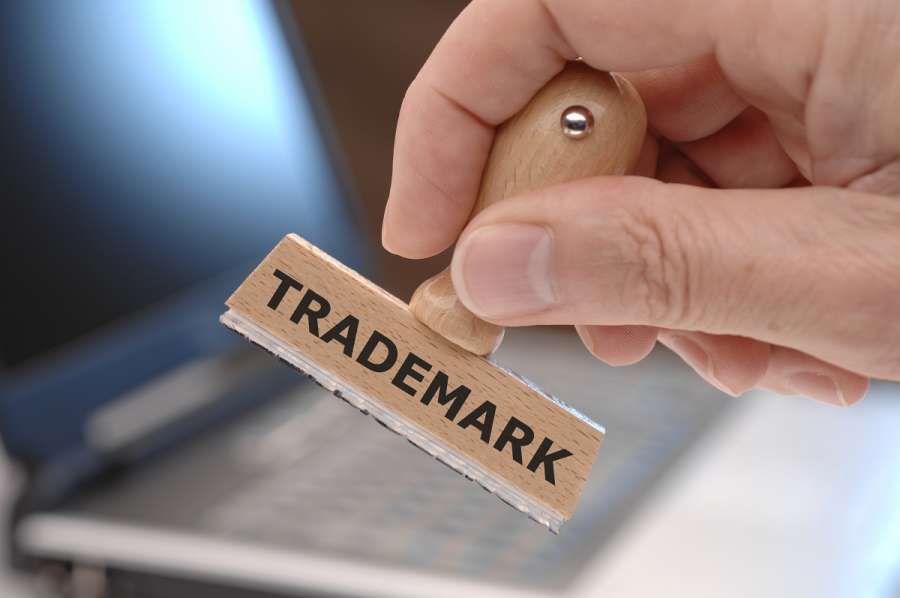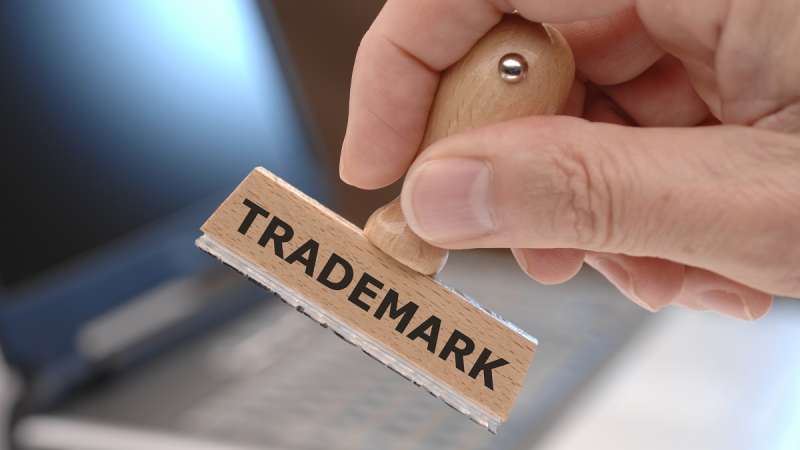This case reignited a debate about trade mark law in the UK. While it's important for businesses to protect their brand identities, excessively broad trade mark claims can stifle creativity and harm smaller players.
The Easy Life case brings to the forefront some critical issues in UK trade mark law:
Scope of protection for common words
The case questions the extent to which a common word like "easy" should be protected under trade mark law. Critics argue that easyGroup's broad claims hinder artistic expression and limit the ability of new businesses to use descriptive terms.
Balance of power
The financial burden of defending against trademark claims often falls heavily on smaller entities, raising concerns about fairness and access to justice. This imbalance can lead to a chilling effect, where smaller businesses and creative individuals avoid using certain terms for fear of legal repercussions.
Calls for reform
The case has sparked discussions about potential reforms in UK trade mark law to better balance the interests of large corporations and smaller entities.
Suggestions include:
- Proportionality test: A stricter test for similarity, considering the nature of the goods or services.
- Costs protection: Measures to make defending trade mark claims more affordable for smaller entities.
- Clarification on generic words: Clearer guidelines on how generic words such as "easy" can be used in trademarks.
The Easy Life story highlights the complexities of intellectual property law in the UK.
While easyGroup has the legal right to protect its trademarks, the case raises concerns about the potentially stifling effect on creativity and the financial burden placed on smaller entities.
Whether the UK legal system will adapt to find a better balance for all stakeholders remains to be seen.
This case underscores the need for ongoing dialogue and potential legislative adjustments to ensure that trade mark law serves the interests of established brands and smaller entities.










